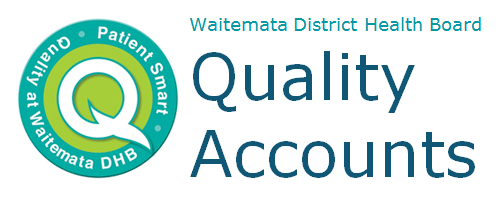
Diabetes education is an essential component of diabetes care. It provides people with type-2 diabetes[1] and pre-diabetes[2] with the knowledge and skills to perform diabetes self-care.
There is currenlthy a general lack of resources to cater to the growing numbers of people with diabetes in various ethnicities.
What are we trying to achieve?
Our aim is, for all patients living with type-2 diabetes and pre-diabetes, to:
- have the best diabetes care
- have less complications from diabetes and improve quality of life
To do this we will:
- explore patients' experience and emotions involved in living with type-2 diabetes and pre-diabetes
- collate feedback on current support and expectations of diabetes care.
This information will be useful and relevant to all health care professionals delivering diabetes care to our multi-ethnic community considering different lifestyle, ethnic and cultural needs.
What have we done?
- 29 participants were invited to attend ethnic-specific focus groups
- Participants were from the Auckland, Counties-Manukau, Mid-Central and Waitemata District Health Board areas
- Participants by ethnic group were East Asian, European, Indian, Maori and Pacific Island
- The topics discussed within these focus groups were:
- motivation
- diabetes care behaviours
- current diabetes knowledge
- positive attitude
- negative attitude
- desired diabetes advice
- desired diabetes support
- diabetes care with internet
What did we find?
Feedback
All Groups
- All groups expressed:
- fear of diabetes complications
- confusion and lack of diabetes knowledge
- All groups (except Indian) expressed feelings of:
- doubt
- deprivation
- dislike related to dietary restriction
- (top-down) clinician to patient relationship
- All groups preferred diabetes education to be:
- visual
- practical
- free of medical jargon
- All participants desired improved diabetes nutritional knowledge
- Most participants wanted to access diabetes nutritional information online although were concerned about the safety and reliability of this information (conflicting information)
- There was an overall desire for diabetes self-management education (either provided by clinicians or online) to be:
- simple
- reliable
- practical
- culturally sensitive
Ethnic-Specific
- Indian participants favoured clinicians’ guidance over self-care
- Maori and Pacific Island participants discussed family and peer support as being important for them
- Non-European groups expressed a desire for ethnicity appropriate education
Where to from here?
A population-based electronic diabetes nutritional education resource has been developed and tested in the PhD research by Zhuoshi Zhang. This electronic education resource was found to be a feasible and effective approach to improve nutritional knowledge in our multi-ethnic population.
We will work towards:
- refining the existing educational resource and expanding diabetes educational topics
- testing the resource among health care professionals and lay public of various ethnicities
- translating the resource into multiple languages
- publishing the resource and promoting its availability in the community
References:
- Diabetes mellitus type 2 (also known as type 2 diabetes) is a long-term metabolic disorder that is characterised by high blood sugar, insulin resistance, and relative lack of insulin. Common symptoms include increased thirst, frequent urination, and unexplained weight loss.
- Pre-diabetes is a condition characterised by slightly elevated blood glucose levels, regarded as indicative that a person is at risk of progressing to Type 2 diabetes
